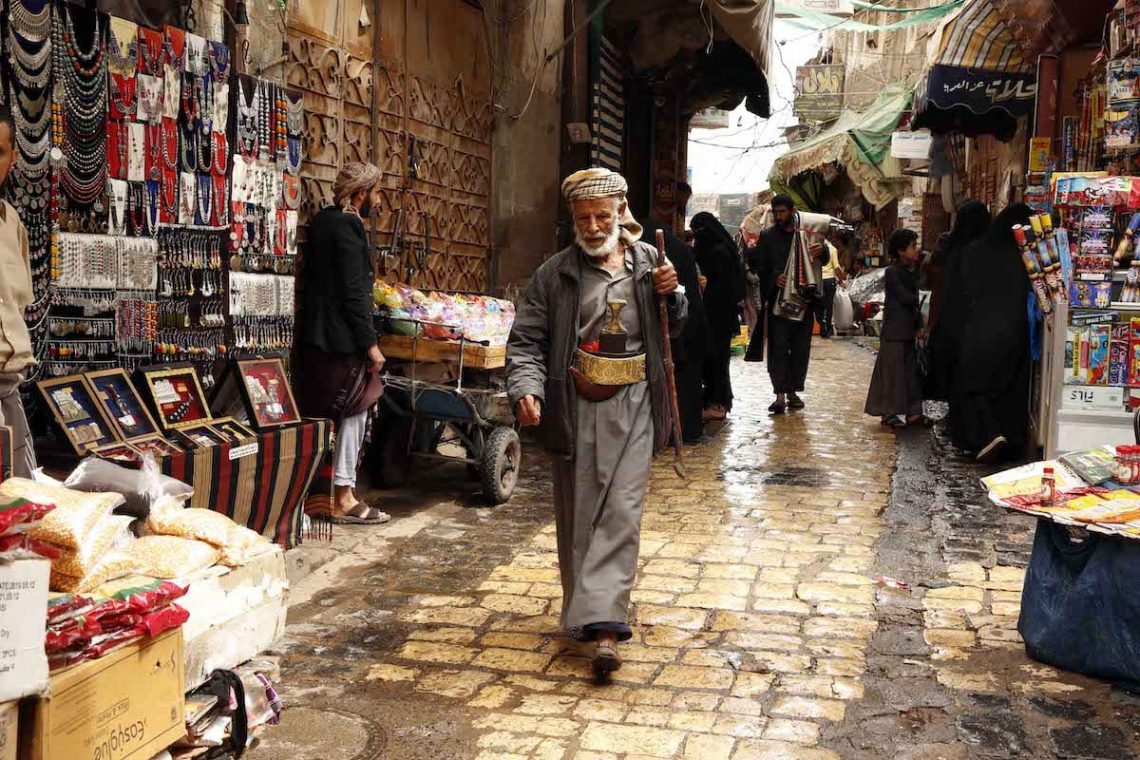
Bazaar in Turkey, OR 10 tips on How to act like a Turk!
Bazaar in Turkey, trading is not just about money.
A touch of sociability is always part of doing business in Turkey.
That is why a cup of Turkish tea, for example, is often included in business, even in the bazaars.
I will tell you exactly how to succeed in a bazaar in Turkey!
10 tips about Turkish marketplaces (Bazaar in Turkey)
1. Is trading common everywhere in Turkey?
You can barter for in clothes, bags, souvenirs, trinkets and other little things at the bazaar in Turkey. The price of open-air foods such as vegetables or fruits is always fixed.
Trade in normal shops and shopping centers in Turkey is no longer the norm. Instead, prices are written down and they are not negotiable.
Turkish middle-class citizens have largely stopped “trading” in the big cities. This is especially true for cities like Istanbul or Izmir.
As a result, bazaars in Turkey have increasingly become a place for travelers, especially at seaside resorts on the south coast.
2. Always let the seller name the price!
Let the seller tell you how much something costs! Often, they will ask you how much a product is worth to you. This is good psychology. Believe me, you are most certainly setting the price too high.
Market stalls have started putting price tags on their goods. An example would be: 50€ for a leather handbag. In that case, you can still negotiate the price. This is especially true for the fake designer brand products from Turkey.
Also, decide what price you want to pay for a particular commodity.
3. Compare prices!
Turkish bazaars are divided into types of goods.
For example, fruit sellers always stand next to other fruit sellers. The antique dealers stick together.
This makes it easy to get an overview of all the offers and prices. This is especially true for the bazaars in the seaside resorts.
By the way, at the seaside resorts, usually the he prices are written down for souvenirs, clothing and other items.
4. Take your (sweet) time!
When you trade with a seller, take your time! Don’t give them the impression that you absolutely must buy a product!
A retailer will be much more willing to give you a discount increases if you appear to be nonchalant. So practice your poker face before going out to visit the market.
As a last resort, you can always say goodbye in a friendly manner and move on. Sometimes, that’s all it takes to inspire the retailer to go after you and gives you a great deal.
5. The more you buy, the bigger the discount!
Are you buying a kilo of nuts? Then you might get a 20% discount. Are you buying two kilos of nuts? Then you might get as much as 30% off.
Buy more, get more of a discount!
6. Socialize, talk and DON’T be aggressive!
Negotiating doesn’t require being aggressive! In fact, it’s just the opposite.
Keep in mind that many vendors do not own their own market stalls. They are often employees and their job is only to sell the goods. As a result, they can only maneuver a certain amount.
A friendly demeanor and good communication on your part usually enables a greater negotiation success than too much pressure.
7. Is it customary to tip at the bazaar in Turkey ?
No.
You don’t tip at the bazaar in Turkey.
The price you don’t negotiate down at the bazaar is your tip.
And always pay with Turkish lira whenever possible! The traders in the seaside resorts accept euros, but give you back change in Turkish lira at a (very) poor exchange rate. This is one way you can change euros to Turkish lira without paying fees in Turkey.
8. Master’s degree: speak to the vendor in Turkish!
No matter how well you do, without a few words of Turkish, you’ll never get as much out of the experience as a local.
I see an indescribable look of joy in Turkish faces as soon as they realize that they are speaking to a foreigner who has learned how to speak a few words of Turkish.
I wrote it at the beginning: good results always have to do with sociability and sympathy. It’s very easy to do this by showing that you are interested in Turkey.
9. Turks from Germany pay more than Turks from Turkey
Even with all the good Turkish words you’ve learned, you will never be able to pay the same price that a Turk from Turkey pays.
Very few Turks from Germany manage that feat, either.
Sellers tend to immediately size up your financial possibilities. As a German, you are clearly wealthier in comparison to Turkish customer, regardless of whether you are a poor student or a businessman! If you are from Germany, you simply must have more money!
This is how the seller thinks:
First, you could afford the 200€ flight to Turkey. The official minimum wage in Turkey is around 400€ a month, and a large part of the population lives on even less money!
In Turkey, it is considered normal for a wealthy person to pay more money for a service than someone else who clearly has a lower income.
This logic is also gaining ground in Turkish bazaars. That is why, in comparison, Turks from Germany pay more at the bazaar than Turks from Turkey do.
10. If you live in the EU, pay attention to Turkey export regulations and the EU import regulations!
You are allowed to import, duty-free, a maximum of € 430 in goods into the EU. In addition, you’ll need to pay import sales tax on entry for your goods at customs.
Don’t export antiques from Turkey! It’s illegal, and serious violations can even result in prison sentences!
Why?
Highlights of many excavations of ancient Turkish sites are not in Turkey, but all over Europe. The Pergamon Altar can be found in the Pergamon Museum in Berlin; great finds from Ephesus are now at the Ephesus Museum in Vienna, and the Archaeological Museum in London has also acquired some incredible discoveries from Xanthos.
Like many other countries, Turkey has a zero-tolerance policy when it comes to the exporting anything from excavations or archaeological finds.
Even a seemingly insignificant stone can get you into trouble.
Be sure to steer clear of ancient coins offered by vendors near excavation sites. They are most certainly a forgery, and the export of real coins is illegal. So don’t take any chances.
To review:
Compare prices!
Let the seller make the first move, and let him tell you the price!
Start negotiating at around 50% less than the posted price!
Be sociable, but determined!
Don’t talk about your job or which hotel you are staying at. The seller wills draw conclusions about your income and how much you can afford to pay!
Be kind and respectful, not arrogant!
It is possible to extract 10 to 30% of the price, depending on your negotiating skills.
If you have any questions about trading at a Turkish bazaar, drop me a line in the comments! for more information about The Grand Bazaar in Istanbul click here.
I look forward to hearing from you!




